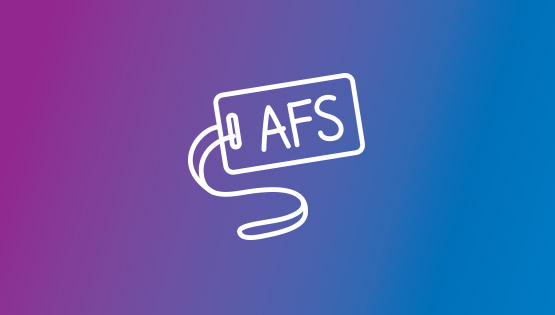Pase su tiempo explorando la cosmopolita ciudad capital de Túnez, las antiguas ruinas de Cartago, los barrios musulmanes y judíos de Jerba y los centros turísticos costeros fuera de Monastir. Túnez es conocida por sus playas doradas, clima soleado y lujos asequibles, y ofrece una combinación única de influencias y culturas árabes y bereberes. Los tunecinos disfrutan celebrando cientos de festivales internacionales de cine, teatro y música a nivel nacional, regional y local. El país es famoso por la hermosa cerámica, la ferretería y los mosaicos, por lo que debe estar atento a la interesante vestimenta tradicional, jebba, que en la actualidad se reserva principalmente para bodas y otras ceremonias nacionales o nativas.
Durante el año escolar, los estudios ocupan la mayor parte de la vida de un adolescente. Muchos estudiantes toman lecciones extra para mejorar sus calificaciones. Los adolescentes practican o ven eventos deportivos en grupo en los cafés: fútbol, voleibol y balonmano son los más populares. Túnez tiene una sociedad civil próspera y algunos jóvenes participan activamente en diversos clubes sociales.



